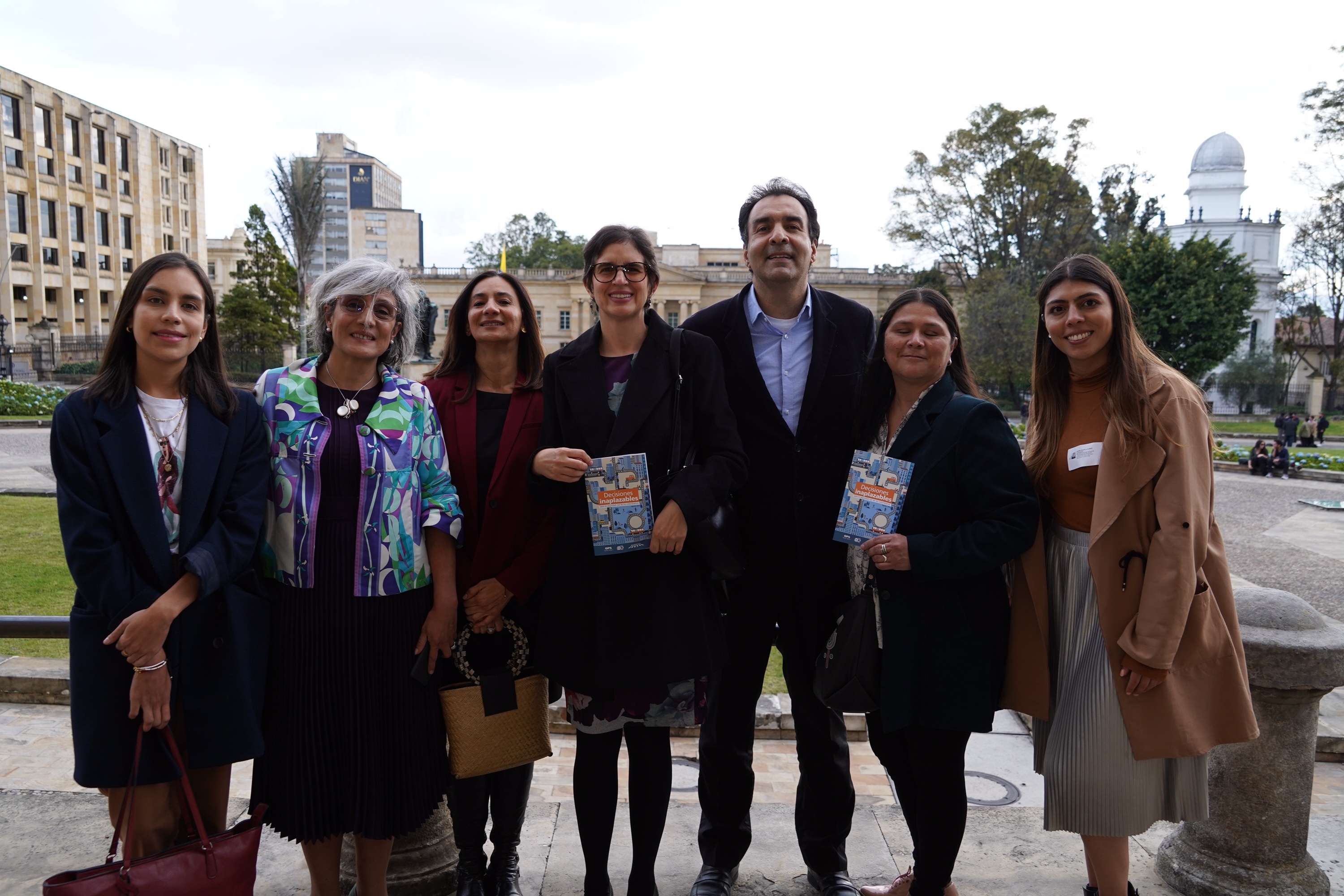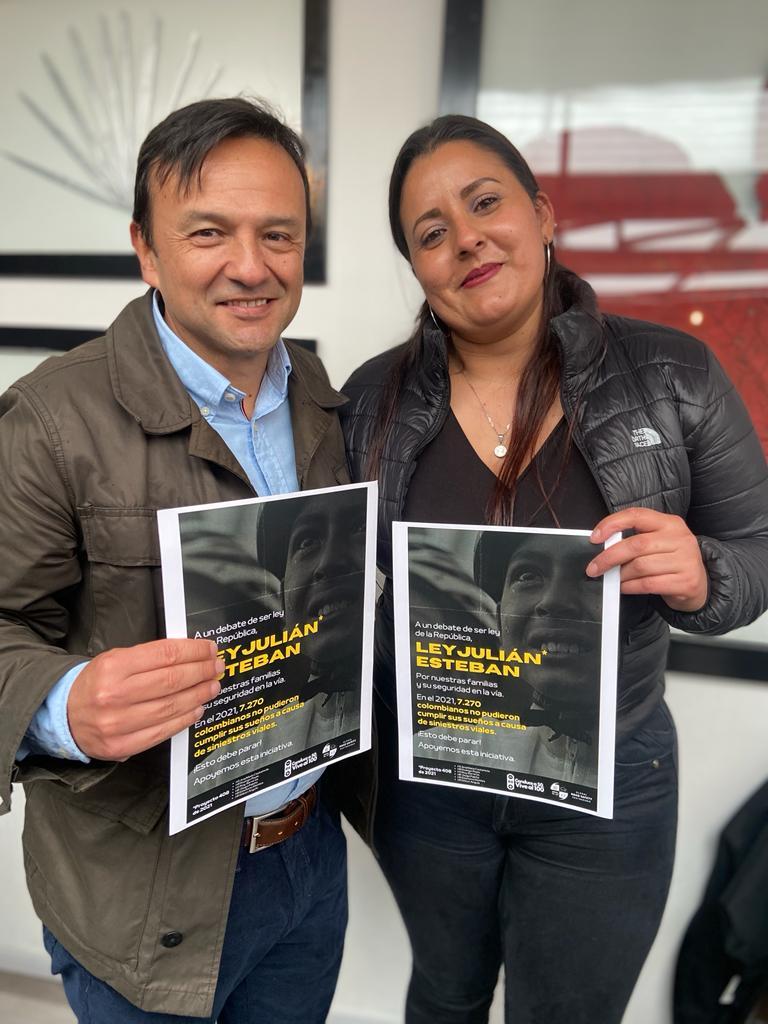To address speeding and outdated vehicle standards, CSOs Despacio and La Liga collaborated with GHAI to launch the Carros Más Seguros (Safer Cars) mass media campaign. Running from 2020 to 2021, the campaign sparked a public debate about the dangers of high speeds and vehicles lacking safety standards. Its provocative message “What about safety? Demand a safer car” called the attention of passersby in one of Bogotá’s busiest commercial zones. It included striking visual installations, crash test comparisons and interactive kiosks that educated citizens about disparities in vehicle safety standards. By engaging thousands of people and generating widespread media coverage, the campaign created public demand for stricter safety regulations while pressuring automakers to prioritize safer vehicle designs for the Colombian market.
GHAI provided technical assistance to strengthen partners' skills in integrated communications campaign design and execution. Prominent media coverage was achieved as a result of the campaign’s bold messaging and strategic outreach, which included collaboration with journalists, social media coordination and engagement with prominent news outlets.

Caption: “What about safety? Demand a safer car” were the messages shown in the Safer Cars campaign exhibition in a popular commercial zone of Bogota, Colombia.

Caption: Mock gravestones were used for the “What about safety? Demand a safer car” exhibition—part of the Safer Cars campaign— which delivered a powerful message about the deadly consequences of unsafe vehicles and the need for stronger safety standards.




